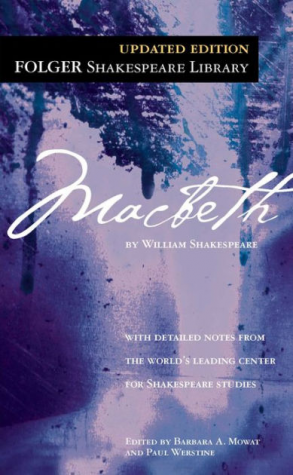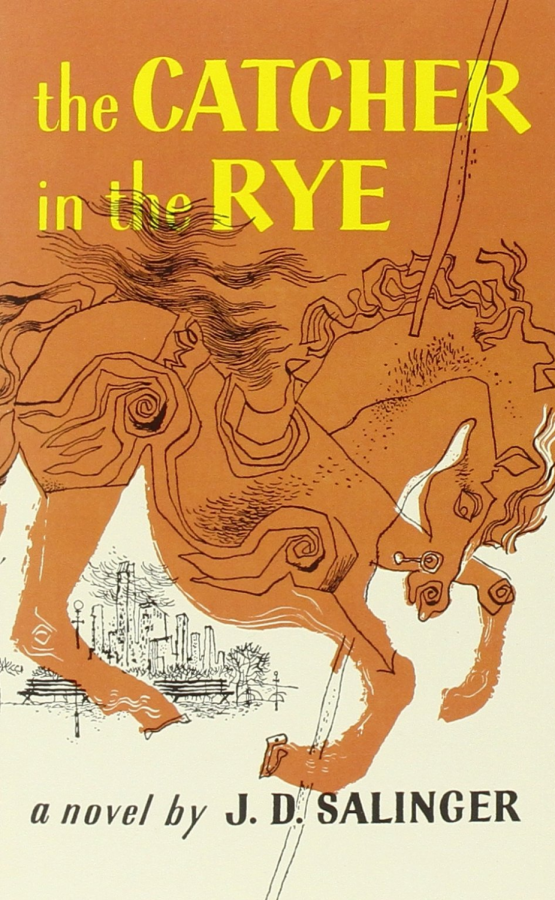Why We Learn What We Learn: English 9 Edition
Have you ever wondered a teacher’s reasoning behind selecting the novels part of his or her curriculum?
May 8, 2021
Why do we learn what we do? What significance will it have in our lives? Instead of keeping these thoughts in my mind, I sat down with two English teachers, Katherine Carroll ‘10 and Shannon Juhan, to learn the importance of reading J.D. Salinger’s “The Catcher in the Rye” and William Shakespeare’s “The Tragedy of Macbeth.”
What is the significance of teaching The Catcher in the Rye to ninth graders?
Katherine Carroll: “‘The Catcher in the Rye’ deals with the realities of being a teenager in the 1950s, so I find it important to have students read it in a school setting to have conversations about grief, anxieties, and academic stress in what is hopefully a safe environment.”
If you had the choice to eliminate and replace “The Catcher in the Rye” from the ninth grade curriculum, would you and with what?
KC: “‘The Catcher in the Rye’ is one of the favored 9th-grade books, so I would be hesitant to replace it! However, if I did, I’d love to see a female perspective or a more contemporary text that dealt with the same themes.”

What is the significance of teaching “Macbeth” to 9th grade students?
Shannon Juhan: “I think it is important for students to have exposure to Shakespeare. Some of our 9th graders are new to Marist and did not read “Romeo and Juliet” in 8th grade. I think that “Macbeth” is one of Shakespeare’s more straightforward plots, which helps make comprehension easier and the focus can be on exploring the language used. I feel that most colleges expect students to have some experience with Shakespeare, and in the Marist English curriculum, it is an excellent starting point for understanding the language – which comes in handy junior year in British Literature or AP Literature when Shakespeare’s sonnets are often read and discussed in that curriculum.”
Would you want to replace the play in the curriculum?
SJ: “No, because I see value in reading the language, so if anything, maybe replace it with another Shakespearean play. The course is centered on exploring the common types of literature (poetry, short stories, plays, novels, etc.) so I think a play should stay, but there are other novels in the 9th-grade curriculum that could be swapped out.




